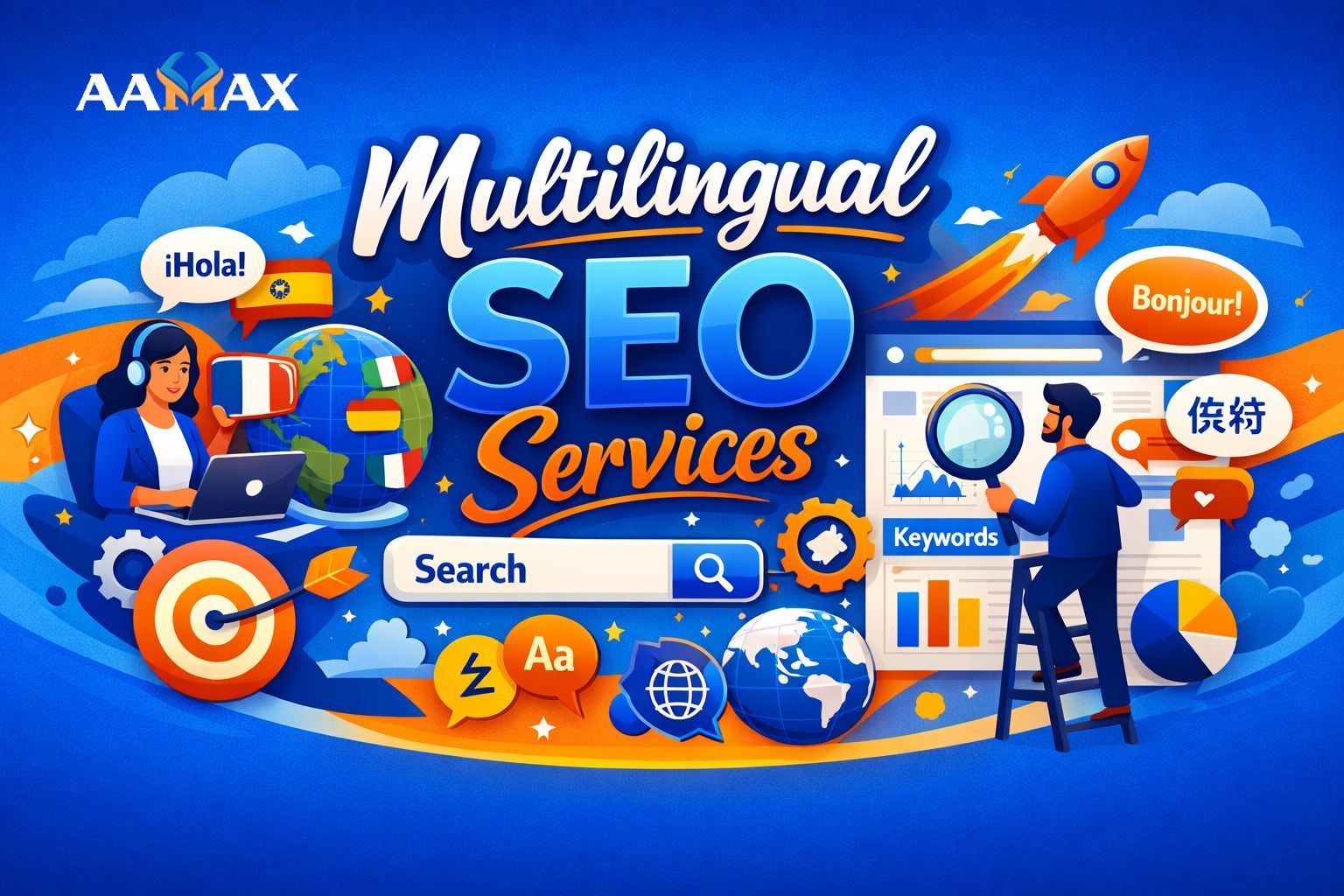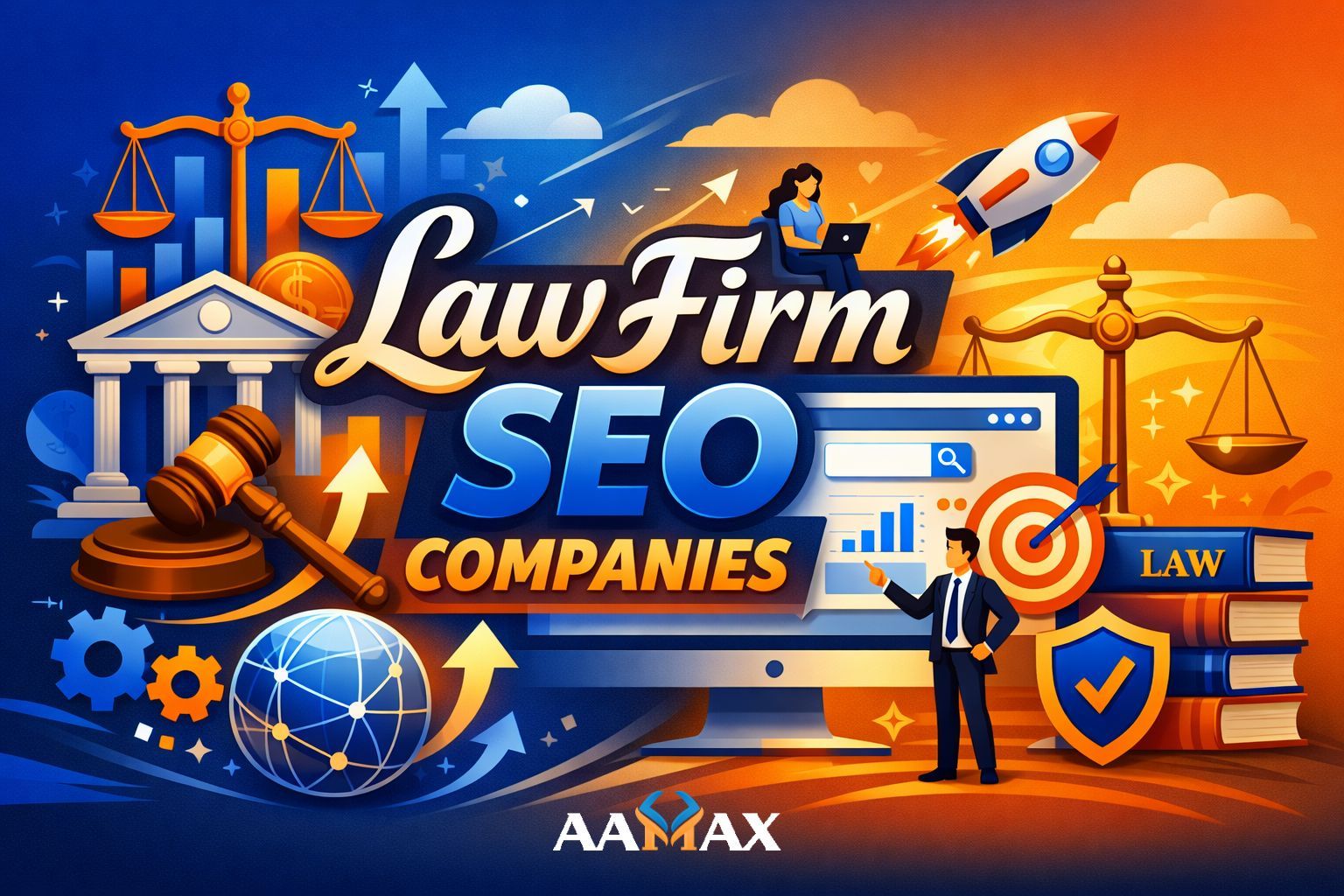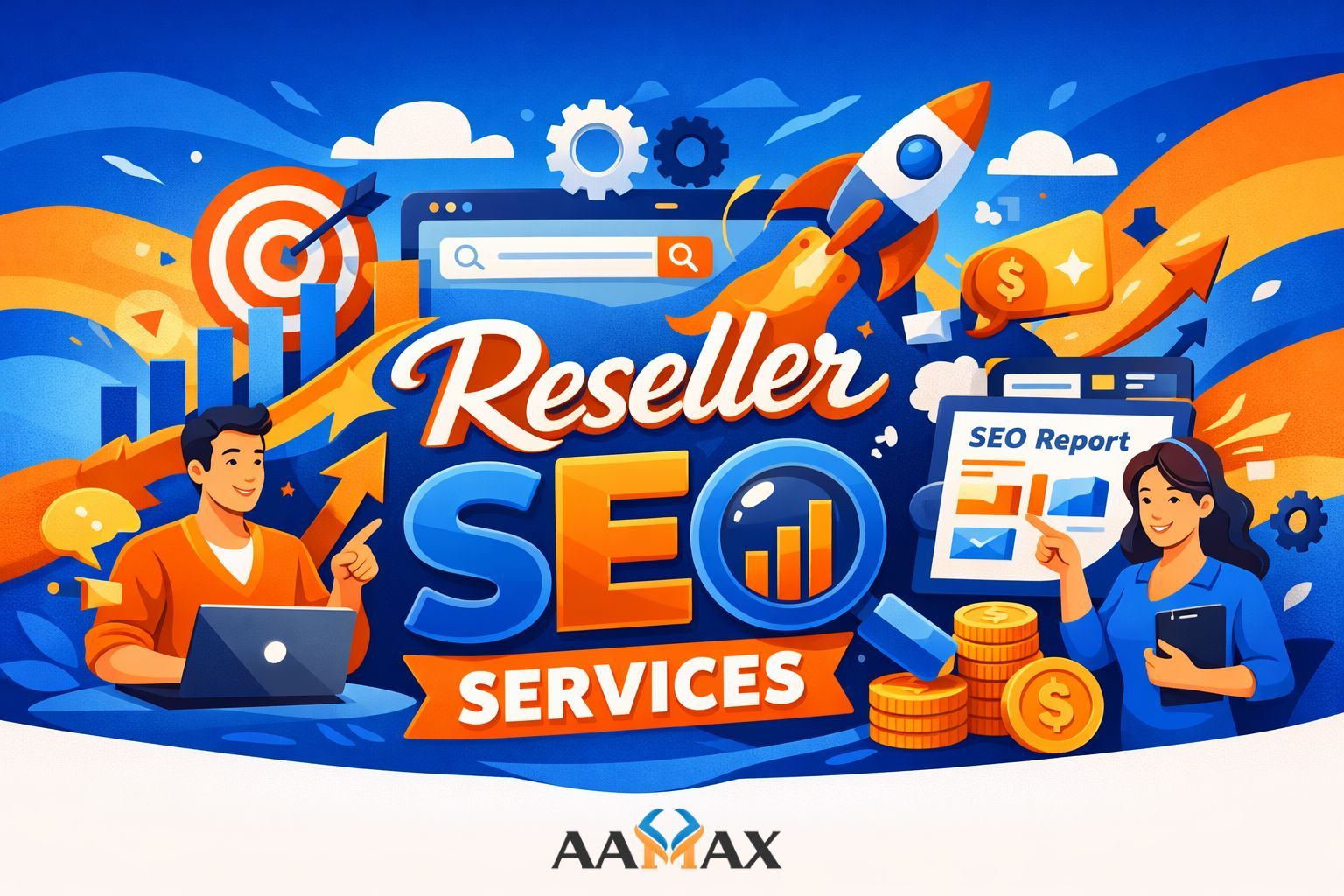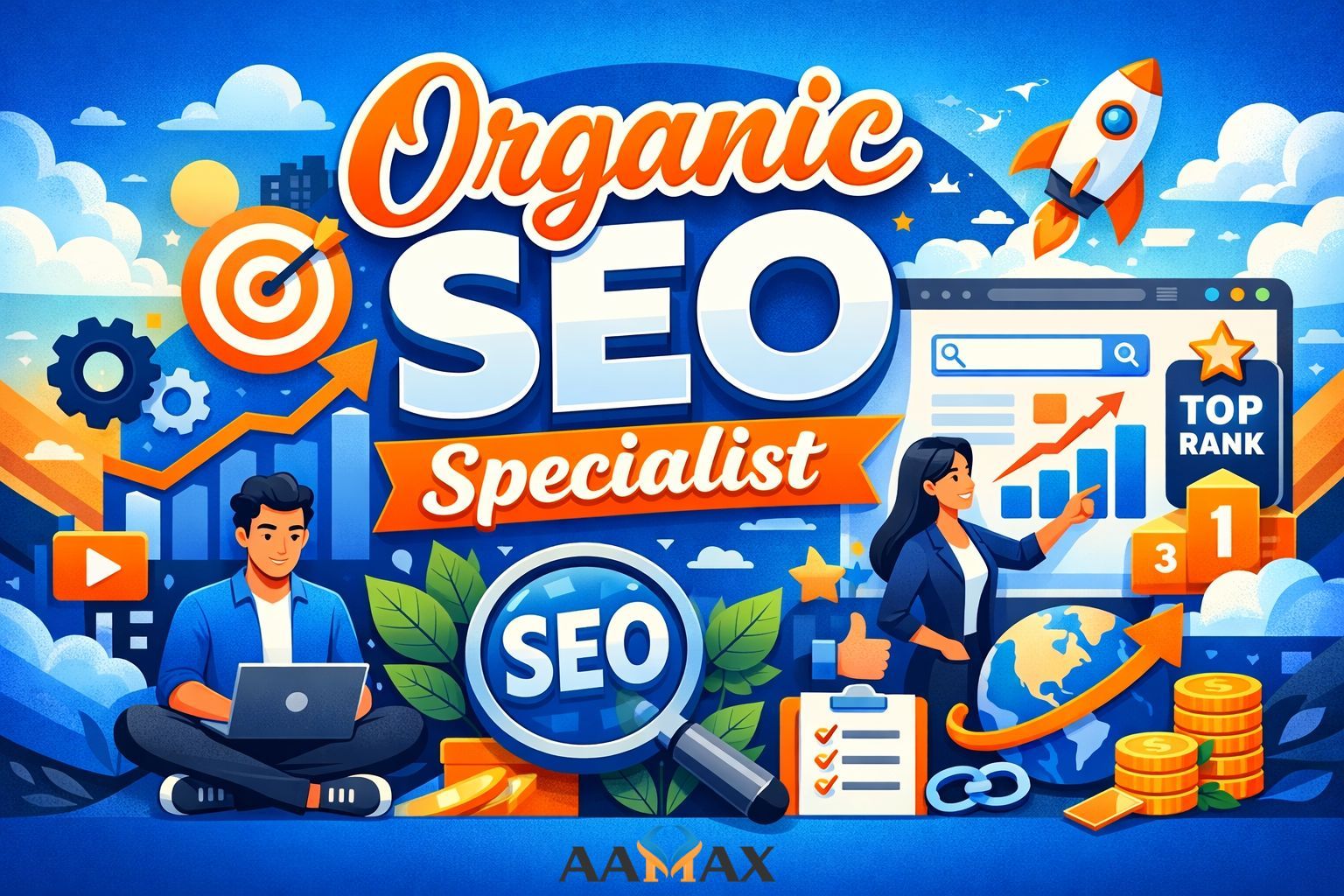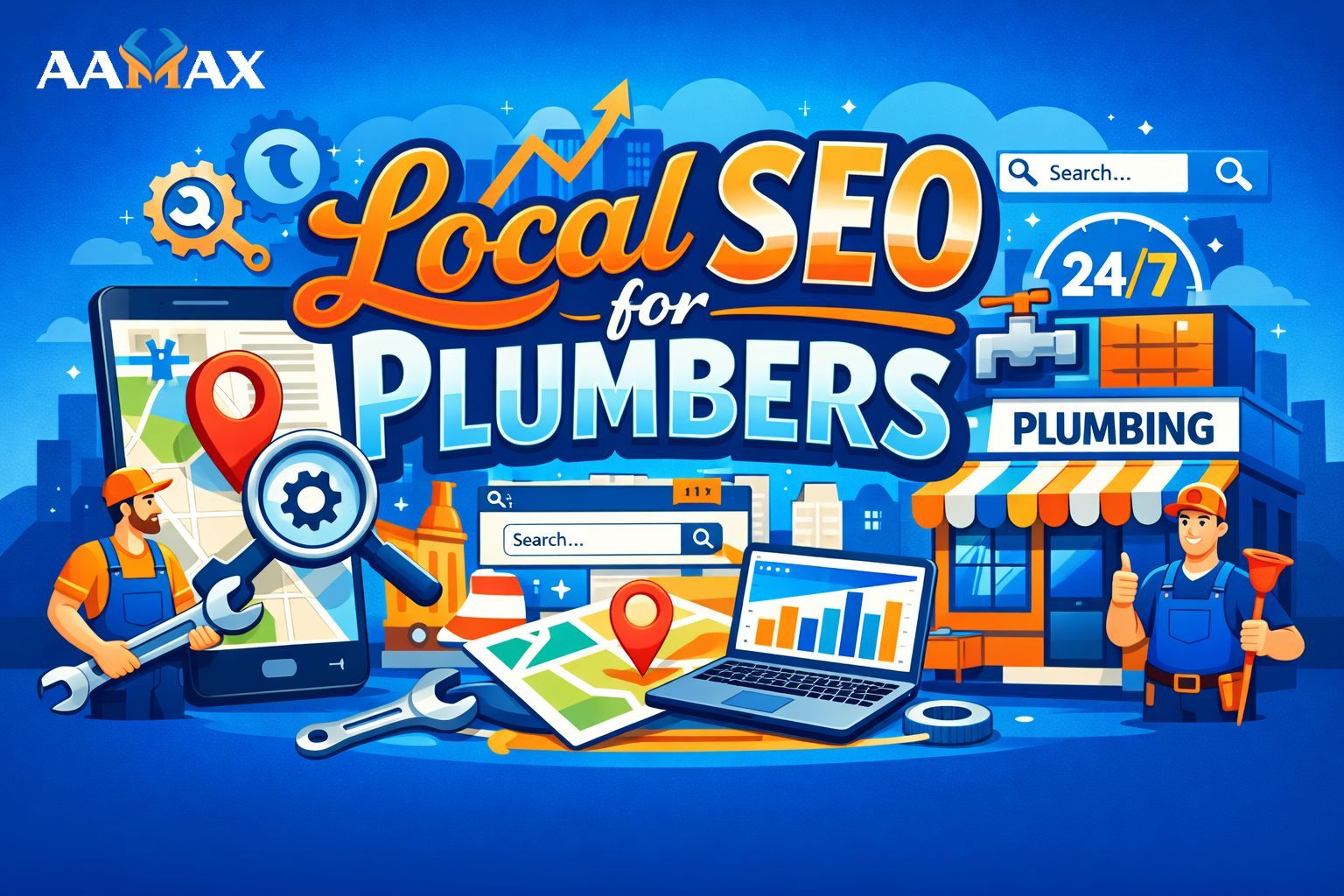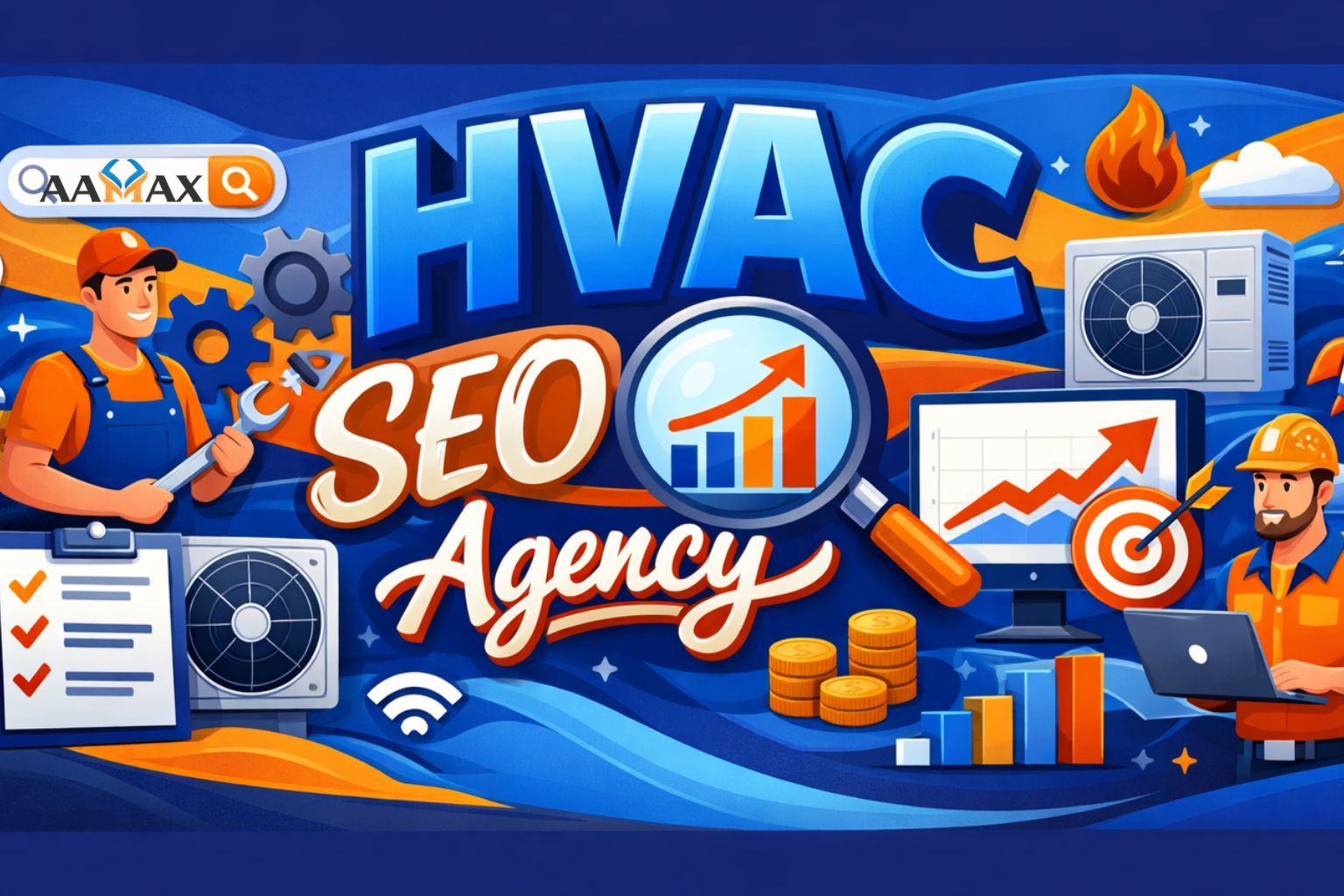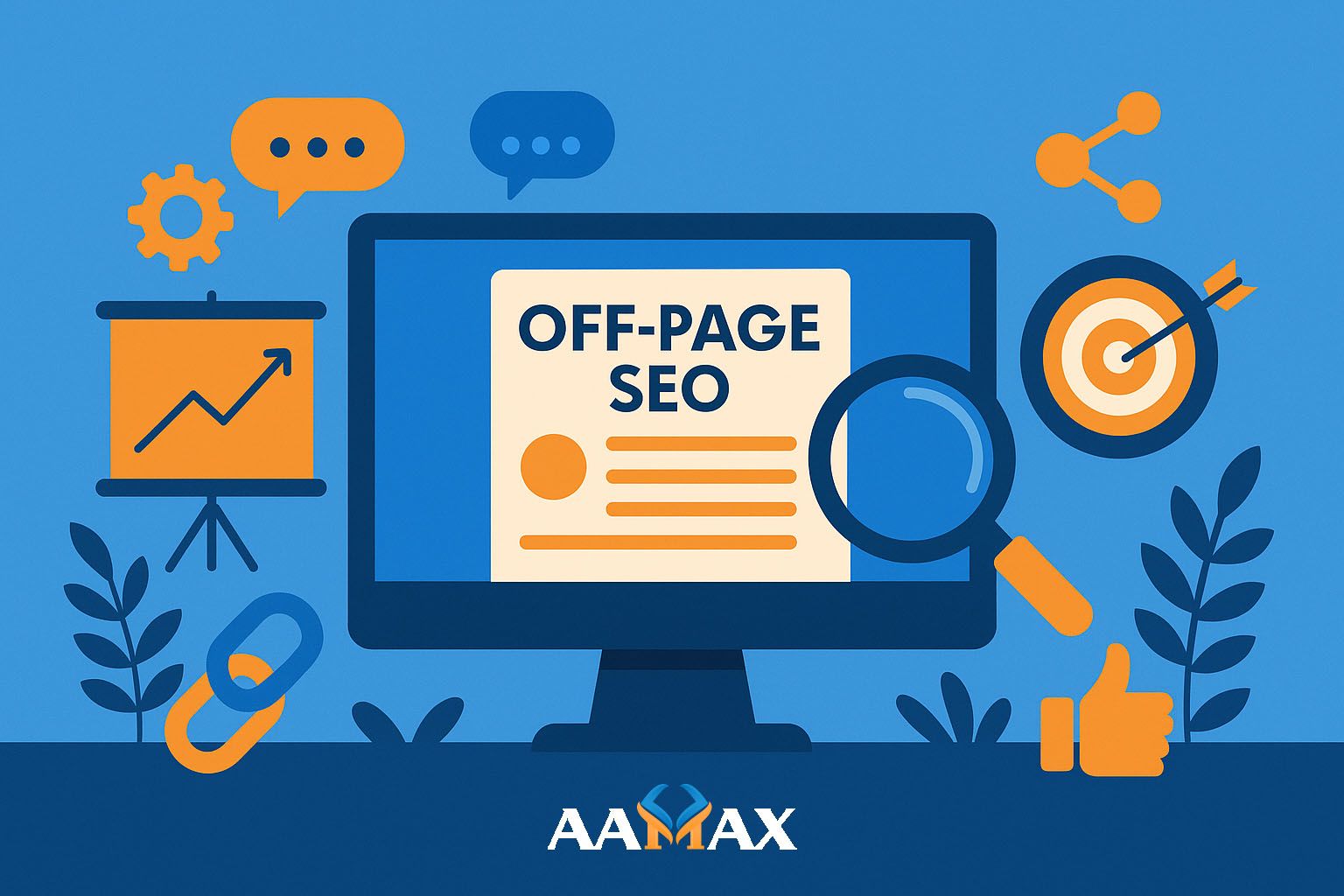
What Is Off-Page SEO? Your Guide to Off-Page Optimization
When it comes to improving your website’s visibility in search engine results, most people immediately think of on-page factors like keywords, content quality, and meta tags. However, what happens off your website can be just as important—if not more important—for your SEO success. That’s where off-page SEO comes in.
In this comprehensive guide, we’ll explore what off-page SEO is, why it matters, the most effective strategies you can use, and how to measure your success. Plus, we’ll show you why businesses trust AAMAX—a full-service digital marketing agency offering expert SEO, Web Development, and Digital Marketing services—to handle their off-page optimization strategies.
What Is Off-Page SEO?
Off-page SEO refers to all the activities you and others do away from your website to raise the ranking of a page in search engine results. While on-page SEO involves optimizing elements on your website, off-page SEO focuses on building credibility, relevance, and authority from outside sources.
The most commonly known off-page SEO tactic is link building, but it also includes activities like social media marketing, influencer outreach, brand mentions, online reviews, and more.
Think of it as your website’s reputation—just as people may value you based on your network and how others talk about you, search engines assess websites based on external validation too.
Why Is Off-Page SEO Important?
Off-page SEO is essential because it:
- Improves Search Engine Rankings: Google uses backlinks and other off-site signals to gauge the authority and relevance of your site.
- Increases Website Visibility: A strong off-page SEO strategy drives referral traffic from external sources.
- Builds Domain Authority: High-quality backlinks signal to search engines that your site is a trusted source.
- Boosts Brand Awareness: As your site gets mentioned more often, people become more aware of your brand.
Google’s algorithm considers off-page signals as one of the top ranking factors, which means even if your on-site content is exceptional, without a strong off-page presence, it’s unlikely to rank competitively.
Key Elements of Off-Page SEO
1. Link Building
Backlinks—also known as inbound links—are links from other websites that point to your site. They are one of the most powerful off-page SEO factors. Not all links are equal, though.
Key qualities of effective backlinks:
- Authority: Links from high-authority domains (e.g., news outlets, .edu websites).
- Relevance: Links from websites in a similar or related niche.
- Diversity: A natural backlink profile includes links from blogs, news sites, forums, etc.
- Anchor Text: The clickable text should ideally contain relevant keywords without appearing spammy.
Link-building techniques include:
- Guest blogging
- Broken link building
- Resource page outreach
- Skyscraper technique
- Press releases
Tip: Don’t buy backlinks or use link farms. Google penalizes such black-hat SEO tactics.
2. Social Media Engagement
While social signals (likes, shares, comments) aren’t direct ranking factors, they do contribute to increased visibility and traffic.
Why social media matters for SEO:
- Helps distribute your content more widely
- Encourages backlink opportunities
- Drives branded search queries
- Builds community and authority
Platforms like LinkedIn, Twitter, Facebook, Instagram, and Pinterest can be strategic assets in your off-page SEO arsenal.
3. Brand Mentions and Citations
A brand mention is when your brand is referenced—even without a hyperlink. Google’s algorithm is increasingly recognizing these as trust signals.
Local citations, particularly for local businesses, are mentions of your business’s name, address, and phone number (NAP) on directories like:
- Google Business Profile
- Yelp
- Bing Places
- TripAdvisor
- Yellow Pages
Consistency across these platforms is crucial for local SEO success.
4. Content Marketing Beyond Your Website
Content is still king—even when it's off your site. Publishing high-quality content on third-party platforms helps expand your reach.
Examples:
- Guest posts on niche-relevant blogs
- Contributions to platforms like Medium, LinkedIn Articles, or Quora
- Podcasts and interviews
- Infographics shared across design or data platforms
- Syndication of your original content to news or industry sites
Well-distributed content acts as a funnel, directing users (and backlinks) back to your primary site.
5. Influencer Marketing
Collaborating with influencers is a highly effective way to amplify your brand and content reach.
How influencer marketing helps SEO:
- Influencers can generate quality backlinks
- Drive referral traffic
- Build brand trust and awareness
- Increase social shares and mentions
Make sure to choose influencers relevant to your industry and with an engaged audience.
6. Online Reviews and Reputation Management
Online reviews on platforms like Google, Yelp, Trustpilot, and industry-specific directories have a strong impact on both local and national SEO performance.
Why reviews matter:
- Build trust with potential customers
- Influence purchase decisions
- Are indexed by search engines
- Affect local ranking signals
Responding to both positive and negative reviews also demonstrates strong customer service, enhancing your brand perception.
White Hat vs. Black Hat Off-Page SEO
It’s critical to distinguish between white-hat (ethical) and black-hat (manipulative) SEO practices:
| Strategy | White Hat SEO | Black Hat SEO | |-----------------|--------------------------------|-----------------------------| | Link Building | Outreach, guest posts | Link farms, paid links | | Social Signals | Organic sharing | Fake profiles, bots | | Citations | Accurate listings | Duplicate/spammy listings | | Reviews | Genuine customer feedback | Fake or incentivized reviews|
Black-hat tactics may offer short-term gains but come with high risks of penalties and long-term damage.
How to Track Off-Page SEO Success
While it’s harder to measure off-page efforts compared to on-site ones, these tools and KPIs can help:
Key Metrics to Track:
- Domain Authority (DA) or Domain Rating (DR) – Measures your site’s backlink strength
- Referring Domains – The number of unique domains linking to your site
- Backlink Profile – Quantity and quality of inbound links
- Branded Searches – More brand mentions mean higher interest
- Social Signals – Shares, likes, retweets, and mentions
- Online Reviews and Ratings – Google and third-party platforms
Tools to Use:
- Ahrefs
- Moz
- SEMrush
- Google Search Console
- BrandMentions
- Google Business Profile Insights
Common Off-Page SEO Mistakes to Avoid
Avoid these common pitfalls when executing off-page strategies:
- Buying Low-Quality Backlinks – These can lead to Google penalties.
- Over-Optimizing Anchor Text – Looks spammy and unnatural.
- Ignoring Mobile and Local SEO – Especially harmful for brick-and-mortar businesses.
- Neglecting Social Media – Limits brand exposure.
- Lack of Patience – Off-page SEO is a long-term strategy, not a quick fix.
Hire AAMAX for Expert Off-Page SEO
Want to take your website's off-page SEO to the next level without the guesswork?
AAMAX is a trusted full-service digital marketing agency that offers:
- Expert SEO Services (on-page, off-page, and technical)
- Custom Web Development
- Strategic Digital Marketing Solutions
- Content Creation and Distribution
- Reputation and Review Management
Our team of SEO specialists can help you build a natural, high-authority backlink profile, boost brand visibility, and drive real, measurable results.
Let AAMAX handle your off-page SEO so you can focus on growing your business.
Conclusion
Off-page SEO is a critical pillar of your website’s overall optimization strategy. By focusing on building authority, trust, and relevance through backlinks, social engagement, and brand mentions, you significantly enhance your chances of ranking higher in search results.
Remember, search engines value what others say about you just as much—if not more—than what you say about yourself.
Start building your digital reputation today with help from AAMAX, your partner in full-service digital marketing success.

